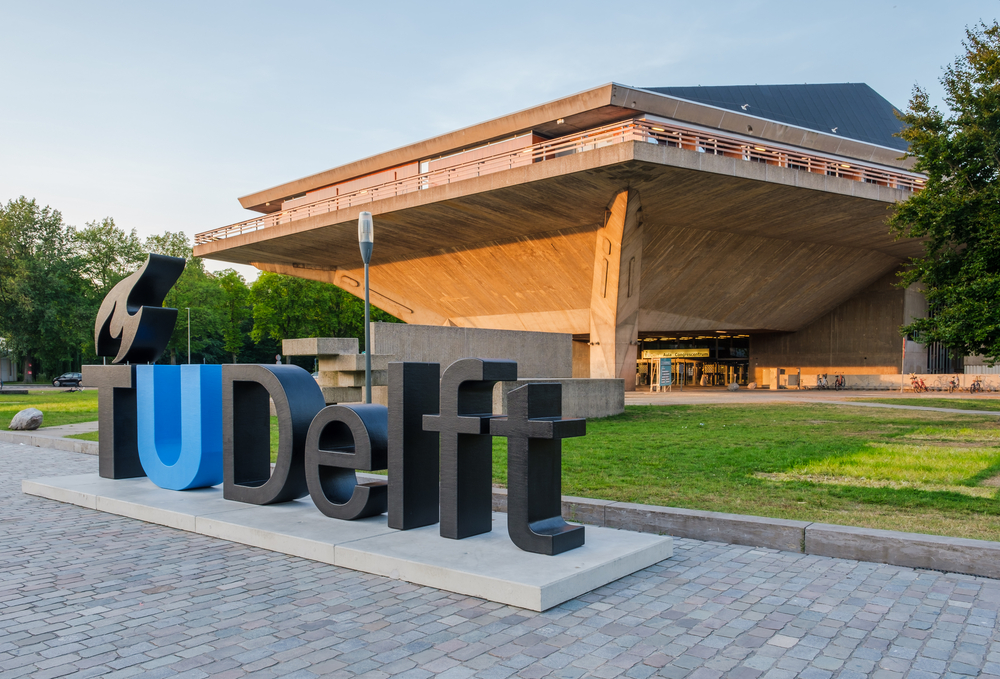Universities warn student screening will hurt their reputation

Plans to screen master’s students and researchers working with “sensitive” technologies are unworkable, expensive and risk harming Dutch higher education, universities association UNL said on Tuesday.
The proposed measures, introduced by education minister Eppo Bruins, would require universities to vet master’s students and researchers working in one of 115 research fields considered to be high risk, including generative AI, genetic modification and hydrogen studies.
Bruins has said the checks are necessary “to protect our security and economy, in a world in which there is increasing interest in knowledge which we want to keep to ourselves.”
The minister had wanted to restrict screening to students from outside the EU, but widened the scope because of the risk of discrimination. He has left it to universities to define which areas they consider sensitive, in an effort to reduce unnecessary checks.
UNL said universities expect to carry out around 20,000 screenings annually, far more than the government’s estimate of 8,000, most of them between May and September, just before the academic year begins.
The government has pledged €15 million towards the costs, but the universities say they will have to find a further €8 million a year, plus a one-off outlay of €32 million.
“This legislation will not help the security situation,” said UNL chairman Caspar van den Berg. “It is difficult to put into practice and will only serve to damage our universities’ international position.”
In 2022, the security services and counter-terrorism unit warned that sensitive technology developed at Dutch universities could be vulnerable to espionage and theft. This included military technology, microchips and software systems.
In the past Iranian researchers have been excluded from projects that could involve contact with ballistic missile technology, but this was deemed discrimination by the courts.
China has been involved in funding chairs at several Dutch universities and Delft has had close ties with a number of Chinese educational establishments.
In 2020, for example, Amsterdam universities UvA and VU entered into a close collaboration with controversial Chinese tech company Huawei despite government warnings,
The plan to introduce screening foreign students was introduced by the previous government and at the time insiders said it would be 2028 at the earliest before screening would start.
Thank you for donating to DutchNews.nl.
We could not provide the Dutch News service, and keep it free of charge, without the generous support of our readers. Your donations allow us to report on issues you tell us matter, and provide you with a summary of the most important Dutch news each day.
Make a donation